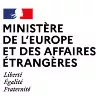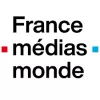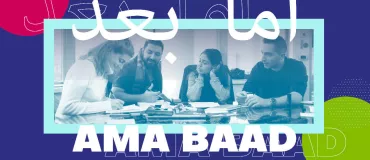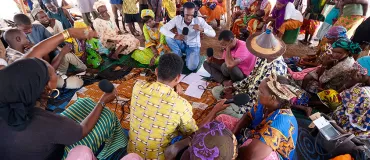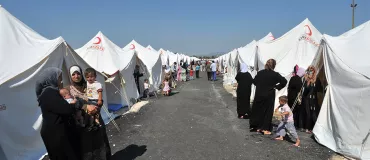Ama Baad 2
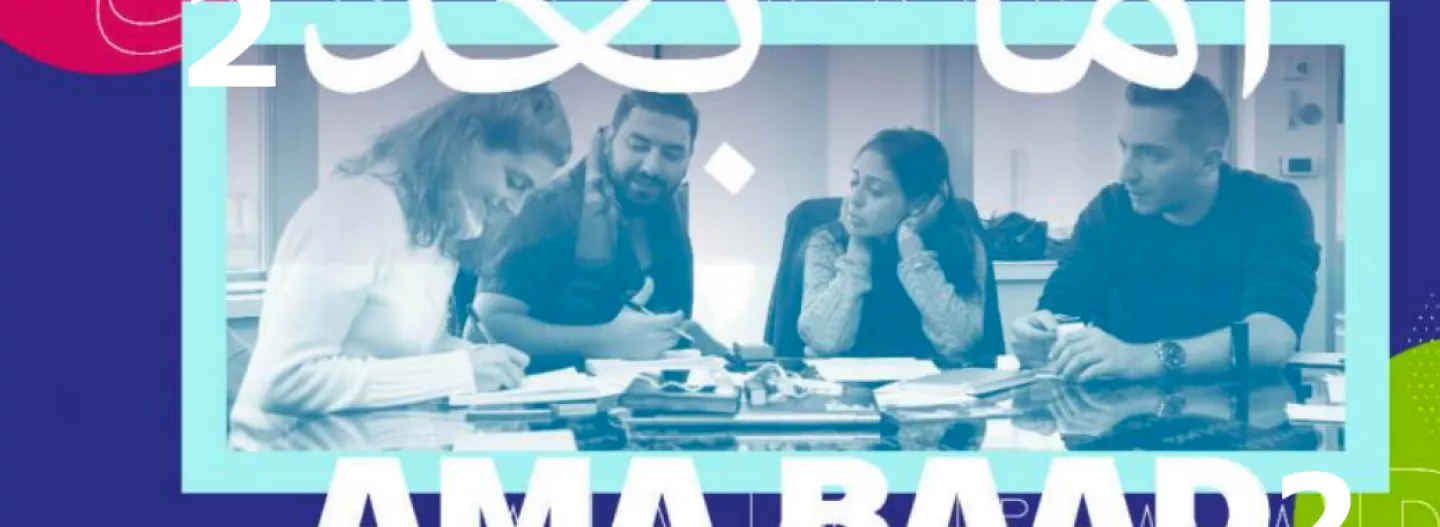
Goals
Presentation
At a time when journalistic practices are being heavily disrupted due to the repercussions of the COVID-19 health crisis, CFI, in partnership with the Lebanese media outlet Daraj and Tunisian media outlet Barr Al Aman, provided online meetings and resources to journalists from the Arab world in 2020, to provide them with the key tools to adapt.
For four months, Ama Baad contributed to the sharing of knowledge and expert guidance to help clarify complex issues for the journalists.
“Ama baad”, an Arabic expression meaning “and after” evoked the desire to look beyond merely the health aspect of this crisis and to “move forward” in order to analyse its impact on our societies and provide more effective information about this impact.
The Ama Baad 2 project draws on this experience to provide Arabic-speaking journalists with the resources to cover developmental issues, particularly those concerning the consequences of the pandemic, more effectively.
Project beneficiaries
- Arabic-speaking journalists from the CFI community, particularly young journalists and female journalists (approximately 1000 beneficiaries)
- Arabic-speaking scientists involved in the project, particularly female scientists (approximately 30 beneficiaries)
Files to download
Actions
Launch of a website for documentary resources
This site will compile documentary resources (e.g. studies, feature articles, links to websites of trustworthy specialist organisations), technical dictionaries, contact information for Arabic-speaking experts available to the journalists, and project content (videos of discussions and mass content) in connection with current topics related to developmental issues (such as education, gender equality, economic development, the environment) and more specifically the consequences of the pandemic.
Ama Baad: a platform to help journalists cover the pandemic
Moderation of the Ama Baad Facebook group
More than 500 people from 10 different countries have joined the Ama Baad Facebook group, which was created when the Ama Baad project was launched. The purpose of the group is to bring Arabic-speaking journalists together and to support the weekly discussions.
The group is run by the project partners and is exclusively for Arabic-speaking journalists as most of the interactions are in Arabic.
A look back at the Ama Baad 2 project
Organisation of a forum to consider the impact of COVID-19 on regional media and journalistic practices.
This forum will bring together around 80 expert journalists involved in the weekly discussions, on a face to face basis if possible, in order to draw conclusions from their brainstorming sessions and to discuss changing journalistic practices over the previous year.
Creation of a study that analyses the impact of the pandemic on media organisations
A study will analyse the political, economic and social implications for media organisations in order to more effectively understand the challenges faced by journalists working in the project’s target countries, particularly since the health crisis began. The study will be based on feedback received from journalists in the Ama Baad group.
A study to understand the challenges of the pandemic for media organisations
Discussions continued online
Just like during the Ama Baad project, videoconferences will be an outlet for Arabic-speaking journalists to meet with other journalists and/or scientists and discuss a topic selected on the basis of current events and opinions within the group and to gain the key tools to write meaningfully on that topic.
These discussions will be held twice a month.
Yemen: a conflict forgotten by the media?
Content production support
Each month, an Arabic analysis and summary of an academic article written in English or French (that is unavailable in Arabic) will be provided to enable journalists to include academic material in their work.
These general academic articles and graphics will be published online for unrestricted use.

